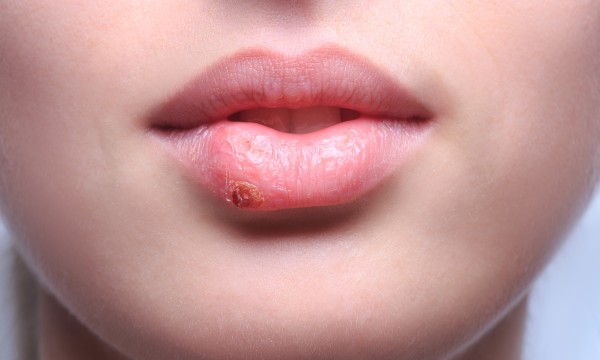Understanding how the virus is transmitted, what triggers an outbreak and how to treat the symptoms, can help get rid of herpes fast.
- Browse Categories
- All Tips
-
Home & Garden
- All
- Appliances
- Bathroom
- Cleaning
- Crafts
- Decorating
- Electrical
- Flooring
- Furniture
- Garage Door
- Gardening
- Green Living
- Heating
- Home Alarm Systems
- Home Maintenance
- Home Remedies
- Home Security
- Home Staging
- House Sitting
- Junk Removal
- Kitchen
- Lawn Care
- Lock Systems
- Moving
- Outdoor Living
- Pest Control
- Plumbing
- Renovation
- Roofing
- Snow Removal
- Storage
- Tools
- Tree Service
- Health
- Family
- Travel
- Auto
- More Tips

Treating herpes quickly: how to contain outbreaks
June 24, 2014

Anyone dealing with an attack of herpes wants nothing more than to quickly get rid of herpes and permanently, but herpes simplex viruses are not curable; they are episodic, and the blistering can be quite painful and unsightly.
What is herpes simplex?
There are two types of herpes viruses; HSV-1 causes oral herpes and HSV-2 is responsible for most cases of genital herpes, although HSV-1 also can also cause genital herpes. Oral herpes is easily spread through oral secretions, kissing, touching and sharing toothbrushes, towels, razors and eating utensils. Genital herpes is transferred through sexual contact and can be passed on from mother to baby during childbirth.
What causes a herpes outbreak?
Once you are exposed and have had your first herpes infection, the virus remains in your body's nerve tissues. At some later date, it reactivates and you suffer another outbreak of blistering and other symptoms. Fever, illnesses and stress can initiate an outbreak. Other triggers include hormone changes, menstruation, a weakened immune system and sun exposure.
What are the symptoms?
For some, mouth ulcers (referred to as cold sores or fever blisters) appear as a symptom of their first exposure to oral herpes; this is commonly between ages of one and five years old. Symptoms, whether mild or severe, include itching, tingling and burning around the lips and mouth. Before blisters appear is it is not unusual to have a fever, sore throat, swollen glands and difficulty swallowing. Blisters can form on the gums, lips, inside of the mouth and throat, appear in clusters and ooze a yellowish fluid.
Many people with genital herpes are not aware that they are infected, but when it does cause symptoms, the blistering around the genital area is painful.The first outbreak is usually the most severe.
Treating herpes viruses
There is no cure for herpes, and even without treatment, symptoms may go away within one to two weeks. However, there are antiviral medicines that, if taken at the first warning signs of an outbreak, may reduce the severity and length of time your symptoms last. Your doctor can also prescribe antiviral creams, but they only shorten an outbreak by a few hours to a day.






